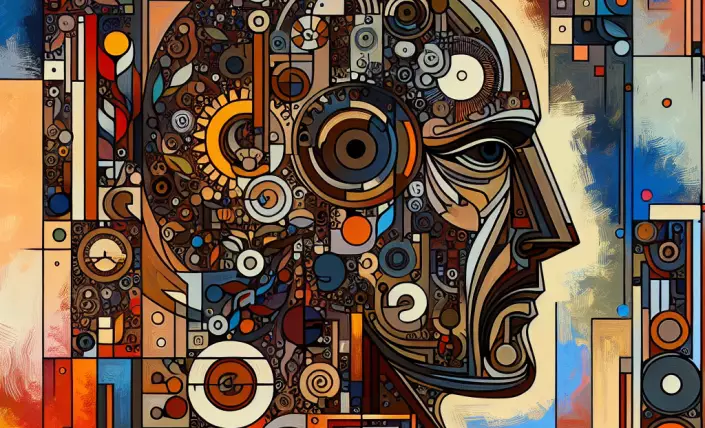Immanuel Kant's philosophy, particularly his exploration of morality, offers profound insights into the nature of human existence. At the core of his ethical framework is the concept of the categorical imperative, a principle that demands actions be conducted according to maxims that could be universally applied. This notion challenges us to scrutinize our intentions and the universality of our actions, urging us to consider whether our personal principles could stand as laws governing human behavior. Kant compels us to recognize that moral principles are not mere social constructs but are rooted in rationality and the autonomy of the will, emphasizing the individual's responsibility in shaping their moral character.
The categorical imperative serves as a tool for self-reflection, prompting individuals to question the motivations behind their actions and the potential consequences if everyone acted similarly. This introspection reveals the inherent tension between individual desires and the greater good, urging us to transcend personal inclinations for the sake of universal law. Kant's philosophy suggests that true freedom is found not in the pursuit of personal desires but in adherence to moral law, which he posits as the ultimate expression of human autonomy. By acting according to principles that respect the dignity of all rational beings, we manifest our capacity for moral reasoning and contribute to a just societal order.
Through Kant's lens, morality is not dictated by external forces but is an intrinsic aspect of human rationality. Our capacity to make ethical choices is a testament to our higher nature, distinguishing us as beings capable of achieving moral perfection. This perspective encourages us to view life not merely as a series of isolated events but as a coherent narrative shaped by our moral decisions. In navigating the complexities of modern existence, Kant's philosophy remains a beacon, guiding us toward a life of integrity and purpose. By embracing the categorical imperative, we engage in a continuous process of moral development, striving to align our actions with principles that honor the fundamental interconnectedness of humanity.










